The human being is a social creature. The emotional and social bonding, relationship, family, and friendship are the social needs of people propounded by Abraham Maslow in the Theory of Need Hierarchy. The need for love, belongingness, affection, and intimacy drives human behavior.
We seek commonality and harmony between us. Thus, we adore social networks as the finest online platforms to develop social relationships. We are pleased with the instant connections, friendships, and followers on Facebook, Twitter, Instagram, Youtube, WeChat, MySpace, Skype, etc. We have been hooked on to smart phones spending greater times on the internet visiting social networking channels. This has fundamentally changed our personal, professional, and social lives.
Social media is an internet-based communication tool facilitating the virtual exchange of information, thoughts, opinions, and other content. About 60% of the global population, which is approximately 4.66 billion people, is active internet users as of October 2020.
The daily time spent on social networking by internet users worldwide is 144 minutes. Facebook ranked as the top social network exceeding 1 billion registered accounts encompassing more than 2.7 billion monthly and 1.79 billion daily active users worldwide. The social media users in Nepal till January 2020 reached 10.00 million. The pace of development in information technology can be acknowledged through the tremendous social media revolution in the contemporary world.
Social media usage is growing as a civilization, a significant way of living while the mobile phone has evolved like a new external human organ. We begin our day visiting social sites. We check the likes and comments received whenever we are free. Social networking sites appear as an ideal entertainment tool offering relaxing fun. We can’t imagine our life without it in fact.
Communication has been more obvious and easier with the use of the world’s most popular networking sites like Facebook, Twitter, Instagram, Snapchat, YouTube, etc. However, these pervasive social media platforms and the trouble-free access to the internet may generate the possibilities for social media addiction.
The dependency has risen significantly over the last decade due to its unreasonable and compulsive engagement. For instance, we log in to our favorite networking site and we share posts seeking interactions, opinions, and ideas. Positive reactions and compliments in our posts motivate us for short time. We like, comment, or follow the posts we aspire to see. This way, social media detects our area of interest. We observe more similar posts in our news feed leading to relentless checking the updates. We can’t deny this accustomed scrolling and repeated log in to the application has ruined our quality time. Have we realized whether we are utilizing social media or social media is manipulating us indeed? Shall we test our level of patience without checking social sites throughout the day?
One recent study in the UK estimates that 20% of teenagers use social media for at least five hours each day. When we use social media without a purpose or just as a pastime or to simply kill time, we develop a behavioral addiction towards it unknowingly. This acute use of social media obstructs both individual and social aspects of life. We have started developing ignorance of real-life relationships, avoidance of work or school responsibilities, undesirable mood swings, and irritations. The diminished physical activity in the case of children and teenagers, as well as young to middle-aged adults has resulted in social isolation including laziness and passiveness. The consistent bedtime use of social sites has disrupted sleeping patterns leading to serious health illness in long term.
According to “Online Harassment 2017,” Pew Research Center, one out of ten social media users has experienced online harassment and 7 % of adult users have faced cyber-stalking. Another international study on Twitter found that false news stories reach six times faster than the truth. Also, fake items are 70 percent more likely to be retweeted than true stories are. In Nepal, social media is emerging as a hub for offensive gossip, tittle-tattle, rumor and scandals in several sectors including politics, administration, sports, and entertainment in recent days. Being trolled and bullied in public has an obvious negative impact including feelings of irritation, emotional abuse, and anxiety leading to depression. This has seriously deteriorated people’s right to freedom and the right to live with dignity.
Social media industry offers rapidly increasing revenue and significant benefits to other businesses. It supports rapid networks, recruitment of employees, marketing, advertisement, and investigation of crimes. However, this can be the ideal target for cyber crimes like burglary via social networking, social engineering and phishing. It is the easiest podium for hackers to gain access to people’s information and also for spreading viruses and malware.
The exploitation of social media has adversely affected organizations and companies via negative publicity, hacking, spy-ware, and password trafficking, and identity theft. Several researchers have found that productive hours spent in social media have declined work performance, decreased productivity, and increased procrastination. Many teenagers, young and adults have been the victim of a cyber bully, blackmail, and pornography. The steady social media usage issues have even resulted in relationships break down, divorce, and extramarital affairs.
The government of Nepal has proposed an information technology (IT) bill in the parliament with a law demanding the registration of social networking sites inside Nepal. The bill includes the provisions of imprisonment of three years to five years and penalty of Rs. 30,000 to Rs. 1.5 million. It also includes the provision for separate IT Court to hear the offenses related to electronic and social media. The enforcement of new law expects to regulate the issues regarding violation of public morals and decency, cyber bullying, pornography, hacking, and privacy breach.
Beyond any doubt, social media is the most excellent networking platform connecting us with ample opportunities. However, we must be aware of its toxic impression generated via haphazard use and the indecisive future of social sites. Despite using it as a fashion trend, this can be used in a rational way for accomplishing assignments, communicating, and maintaining relationships in professional and academic careers. We may reduce the redundant use of social media to stay away from its addiction. Taking frequent breaks from social networks might be a good idea to explore more ordinary and real-life comforts. The essence of technology is to make our life more easy and convenient. We need to be cautious about discovering a healthy balance not letting it controls our lives.
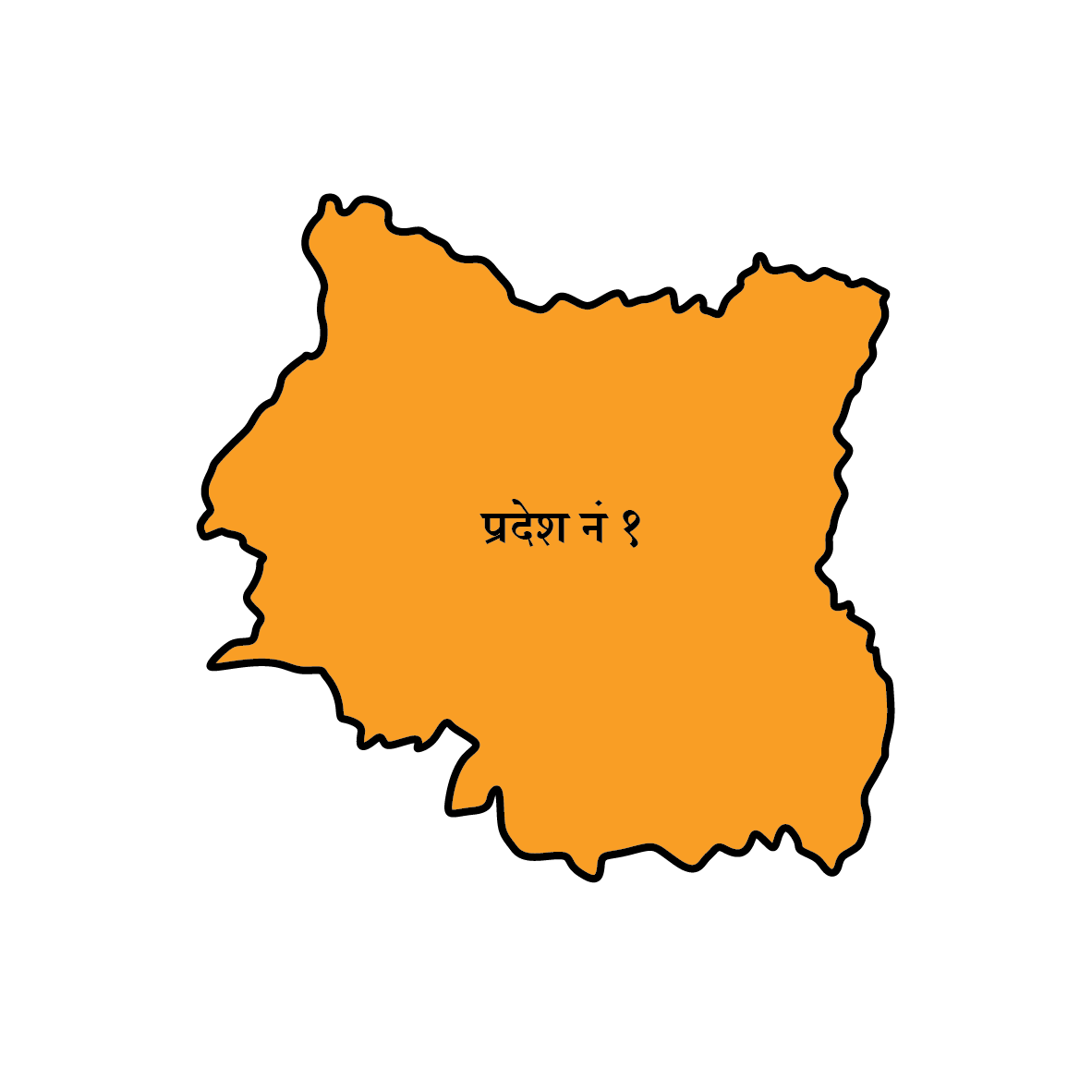 कोशी प्रदेश
कोशी प्रदेश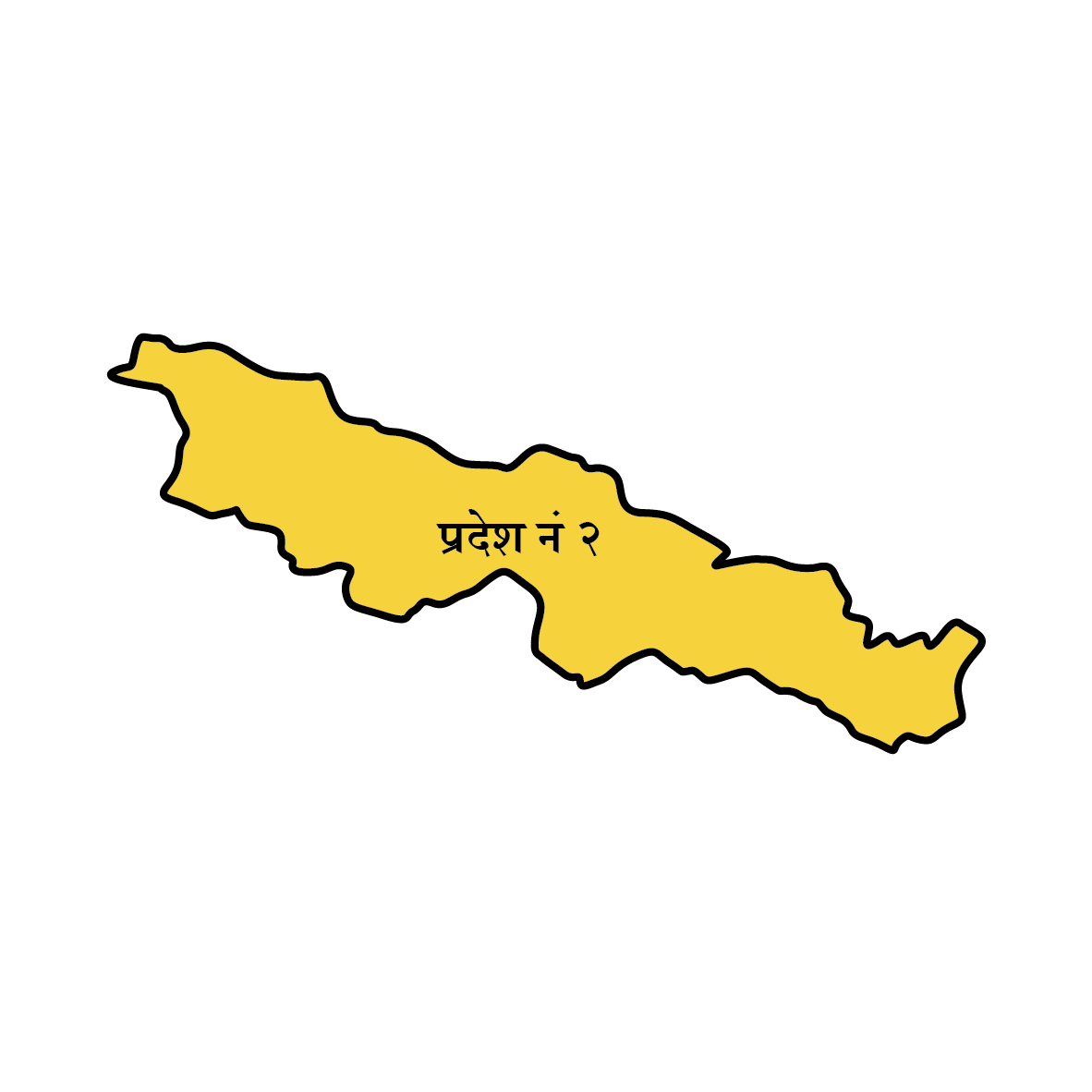 मधेश प्रदेश
मधेश प्रदेश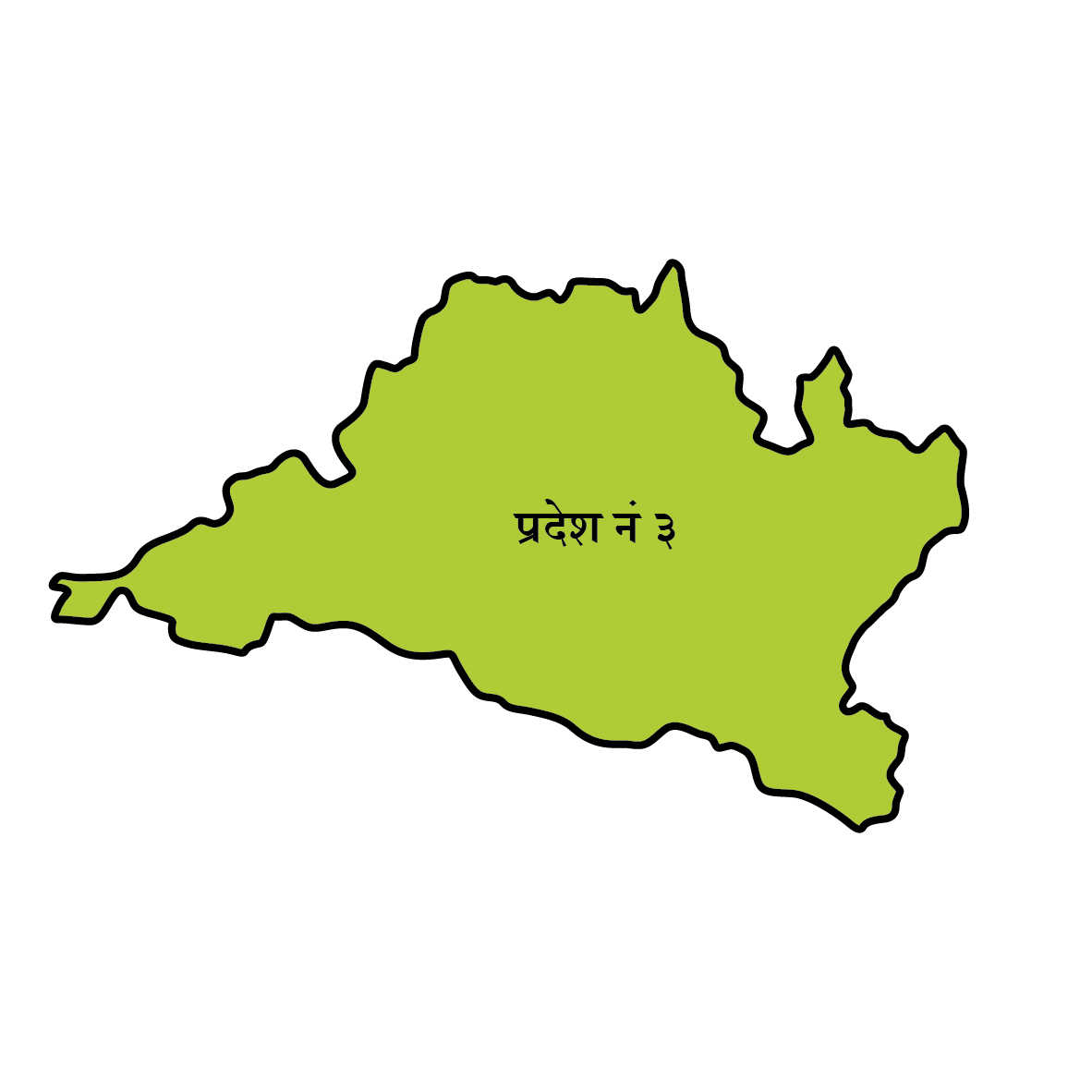 बागमती
बागमती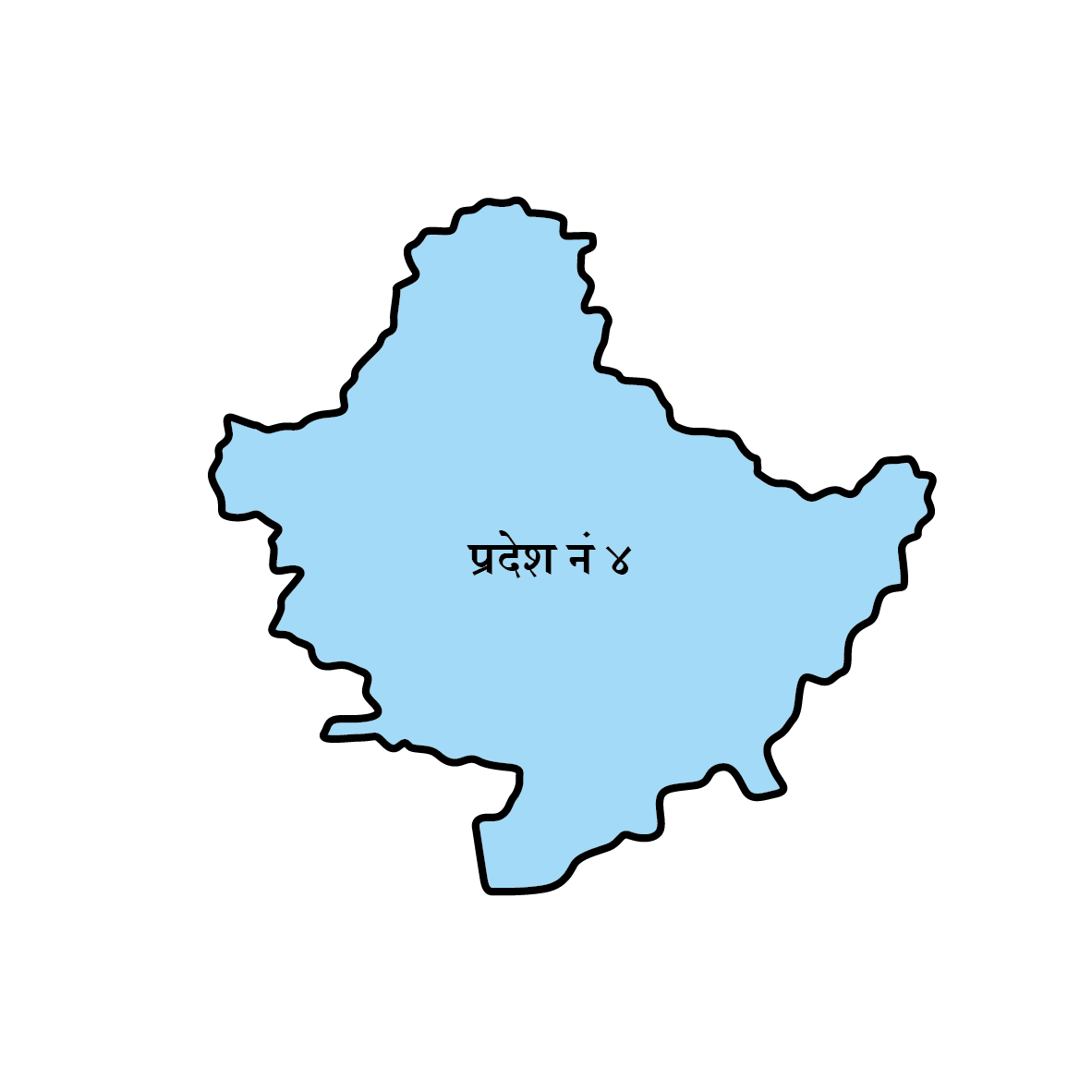 गण्डकी
गण्डकी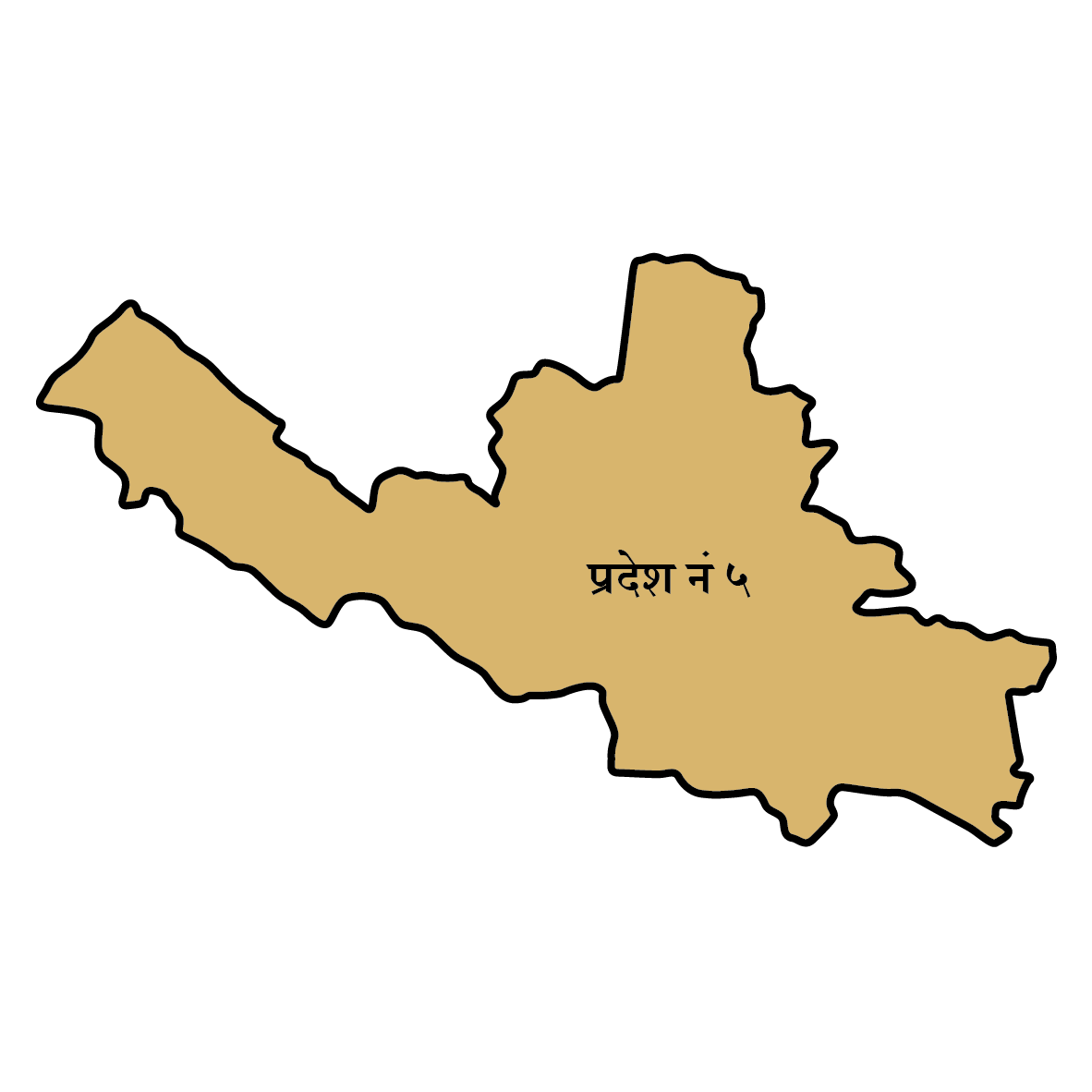 लुम्बिनी
लुम्बिनी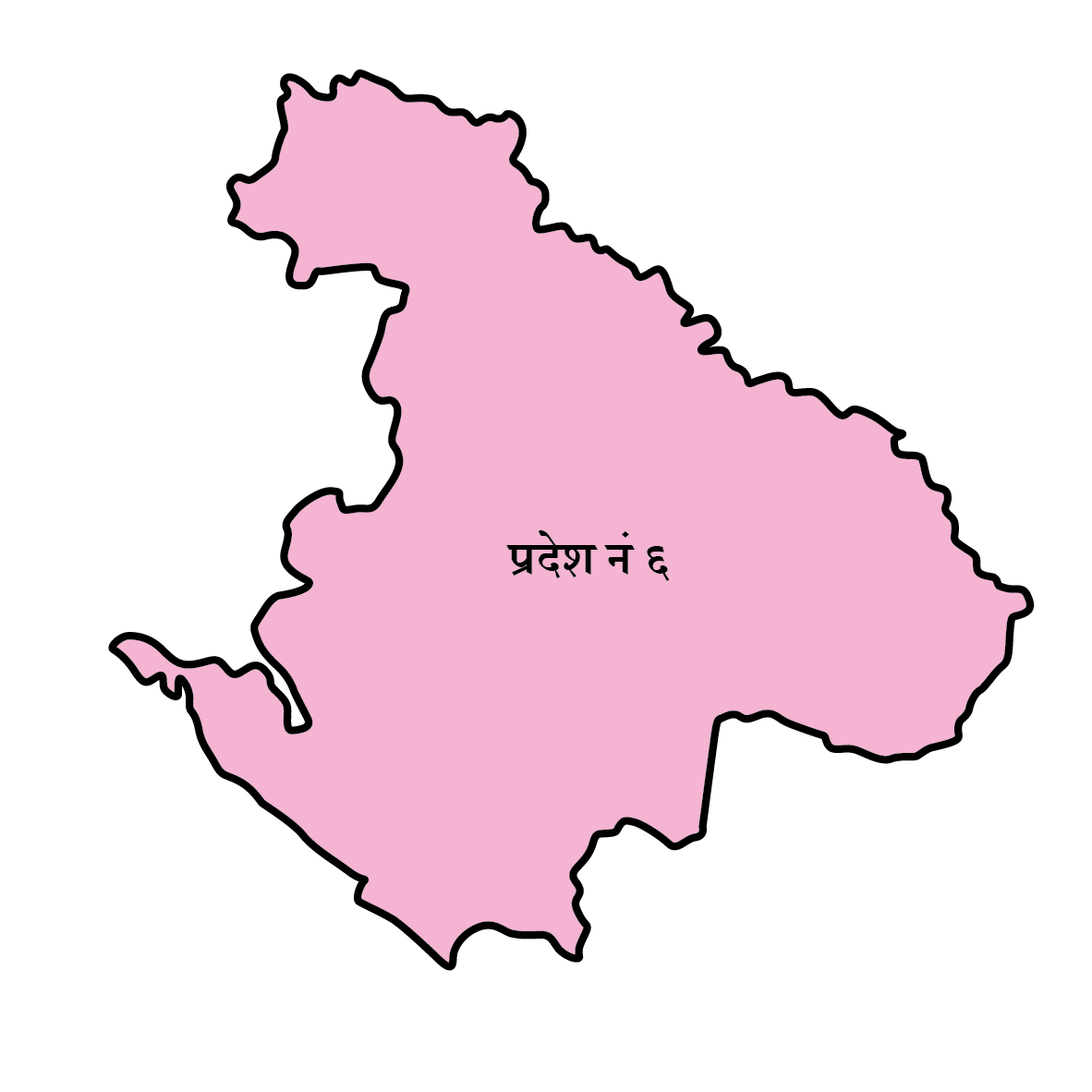 कर्णाली
कर्णाली 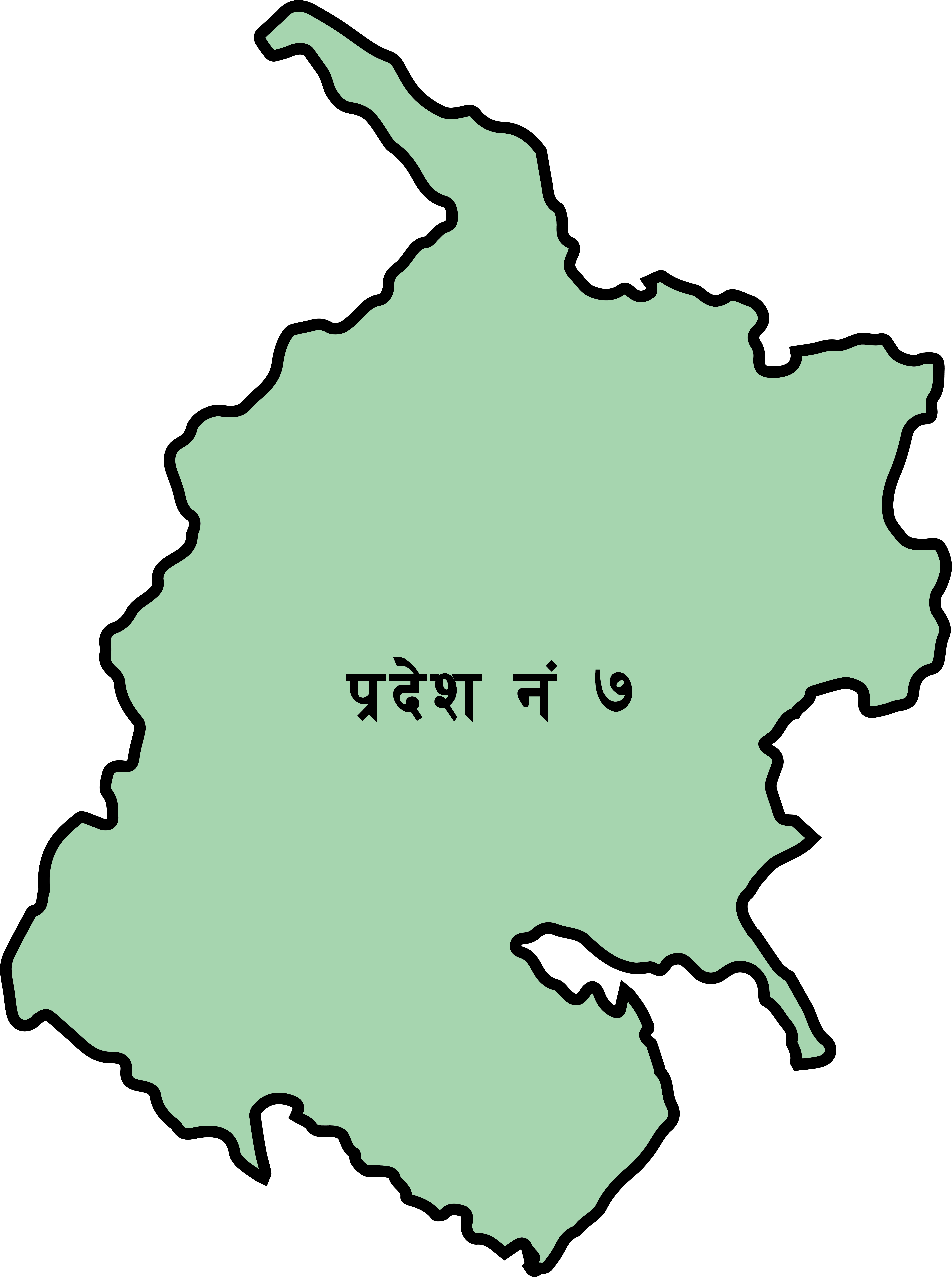 सुदूरपश्चिम
सुदूरपश्चिम
















